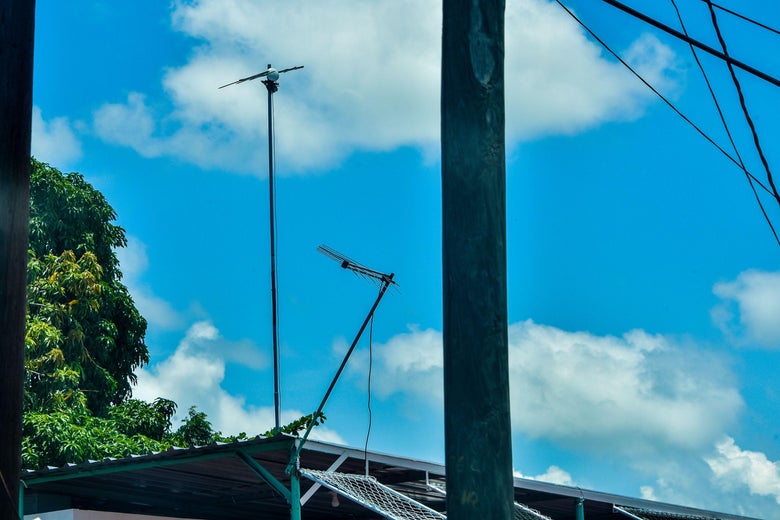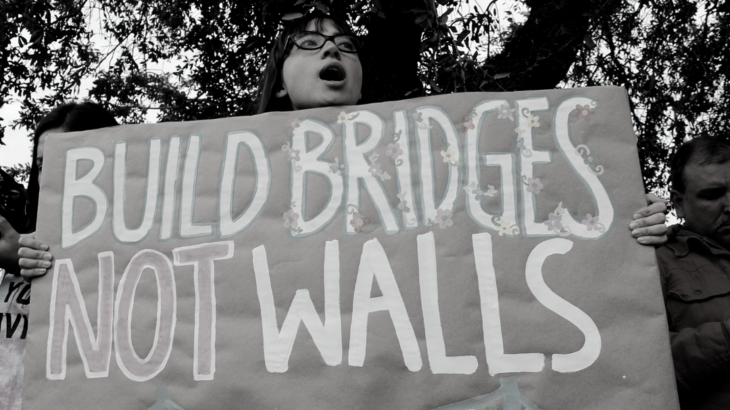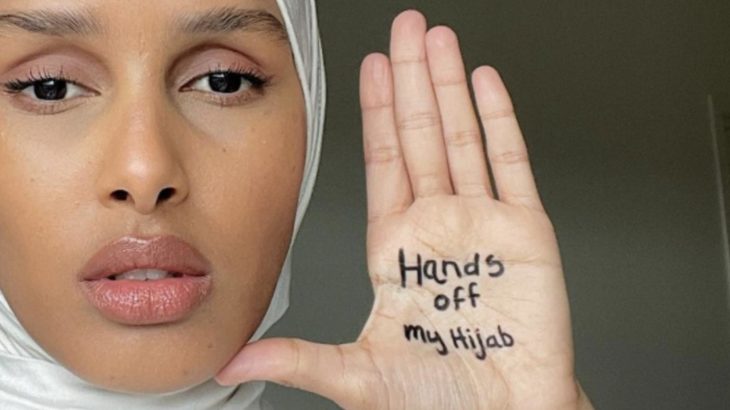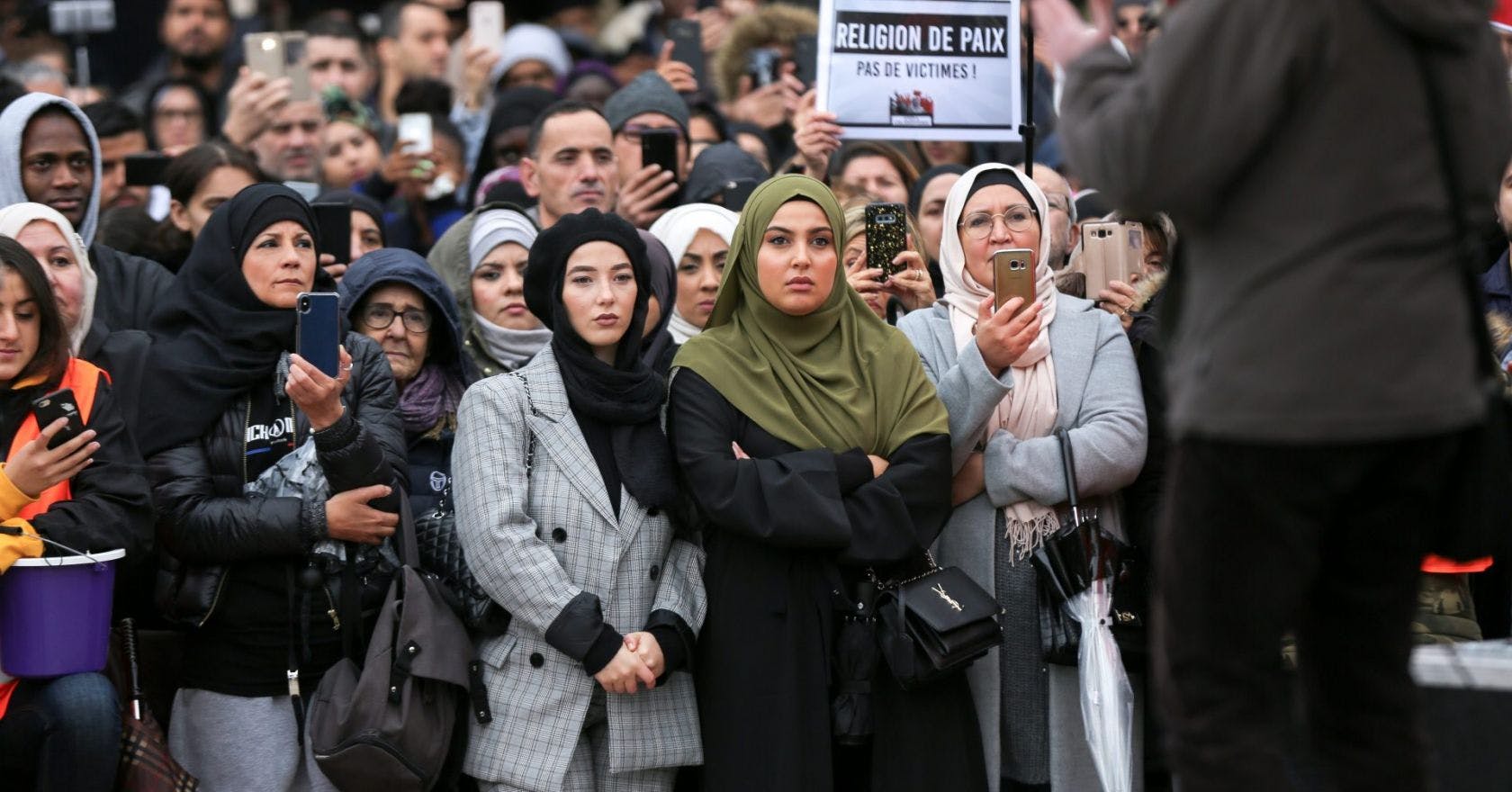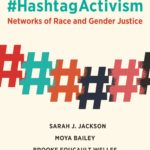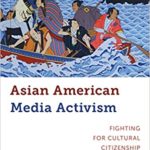Digital Activism
Scholars & Thought Leaders
Zeynep Tufekci
Zeynep Tufekci is an Associate Professor at the UNC School of Information and Library Science (SILS), a principal researcher at Carolina’s Center for Information, Technology, and Public Life (CITAP)(link is external), and a faculty associate at the Harvard Berkman Klein Center for Internet and Society(link is external). Dr. Tufekci’s research interests revolve around the intersection of technology and society. Her academic work focuses on social movements and civics, privacy and surveillance, and social interaction. She has become a go-to source for national and international media outlets looking for insights on the impact of social media and the growing influence of machine algorithms.

Alicia Garza
Alicia Garza is an American civil rights activist and writer known for co-founding the international Black Lives Matter movement. She has organized around the issues of health, student services and rights, rights for domestic workers, ending police brutality, anti-racism, and violence against transgender and gender non-conforming people of color.
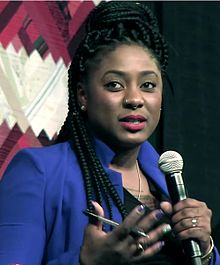
An Xiao Mina
An Xiao Mina is an American technologist, researcher, and artist. She is also co-founder of The Civic Beat, a global research collective focused on the creative side of civic technology. Her writing has appeared in the Atlantic, Wired, the New Inquiry, the Los Angeles Review of Books, Al Jazeera English, and Hyperallergic. A 2016-17 research fellow at the Berkman Klein Center for Internet and Society at Harvard University and product director at the technology company Meedan, her home is wherever the Wi-Fi is.
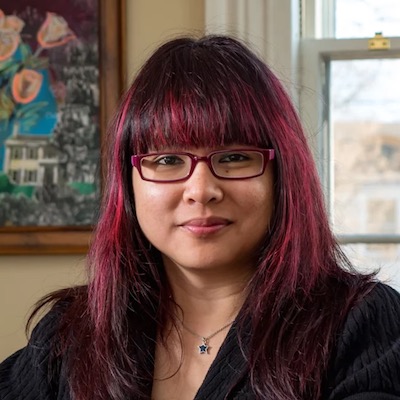
Brooke Foucault Welles
Brooke Foucault Welles is an Associate Professor in the Department of Communication Studies and a core faculty member of the Network Science Institute at Northeastern University. Combining the methods of computational social science and network science with the theories of communication studies, Foucault Welles studies how online communication networks enable and constrain behavior, with particular emphasis on how these networks enable the pursuit of individual, team, and collective goals.
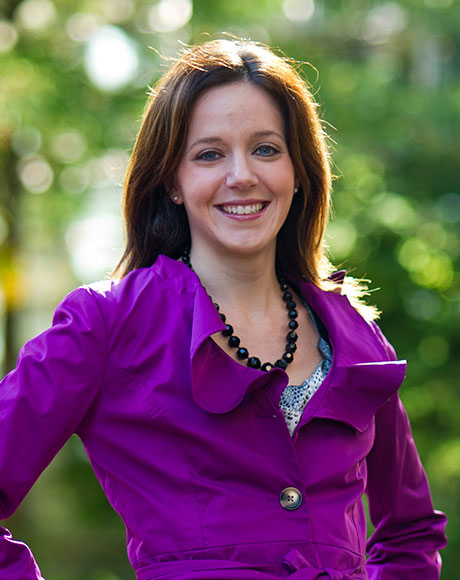
Filippo Trevisan
Assistant Professor in the School of Communication and Deputy Director of the Institute on Disability and Public Policy at American University in Washington, D.C. His research explores the impact of new media technologies on advocacy, activism, and political communication. His work investigates how elite and grassroots stakeholders use the Internet to influence debates about contested issues and affect policy decisions, including in combination with traditional protest and strategic communication techniques.
- “Disability Rights Advocacy Online: Voice, Empowerment and Global Connectivity” (Routledge, 2017)
- Trevisan, F. (2021) “Making Focus Groups Accessible and Inclusive for People with Communication Disabilities: A Research Note,” Qualitative Research, 21(4): 619-627.
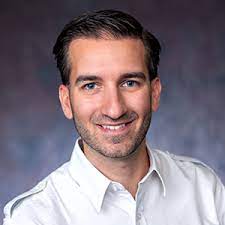
Sarah J. Jackson
Sarah J. Jackson studies how media, journalism, and technology are used by and represent marginalized publics, with a focus on how communication arising from Black, feminist, and activist spaces contribute to US progress. She engages deeply with critical theories of the public sphere, race, and social movements throughout her work. Jackson is co-director of the Media, Inequality & Change Center which explores the intersections between media, democracy, technology, policy, and social justice. MIC produces engaged research and analysis while collaborating with community leaders to help support activist initiatives and policy interventions.
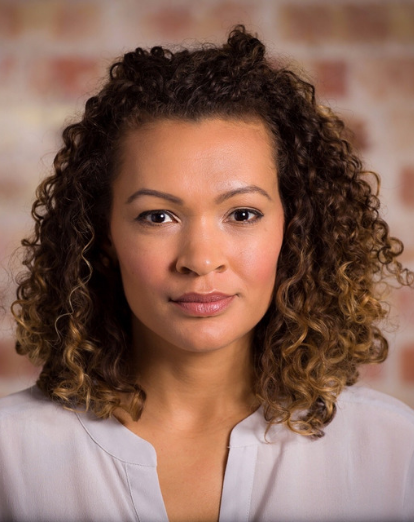
Kudzai Shava
Kudzai Shava is a blind disability rights activist from Zimbabwe. His activism, research and advocacy work with disabled people in Zimbabwe and beyond covers a wide range of issues, at the center of which is their full inclusion and equal citizenship.
- Shava, K. (2017) Social Media and Disability Inclusion: Critical Reflections of a Zimbabwean Activist. Disability and Social Media: Global Perspectives. Kent, M. And Ellis, K. (eds.). Routledge

Film & Video
Why is Youtube erasing history? (2019)
In war zones, evidence captured on smartphones can provide a path to justice — but platforms like YouTube and Facebook are getting in the way. In the Video Op-Ed above, the Syrian activist and archivist Hadi Al Khatib urges platforms to overhaul and improve their content moderation systems. He fears that automated removal, which in 2017 deleted 10 percent of the archive documenting violence in Syria, risks erasing critical history.
Source: New York Times
How to Film Cops the Right Way (Links to an external site.)
Palika Makam is a media activist living in Brooklyn, New York who uses video and technology to protect and defend human rights. Palika offers tactical tips and strategy on how to safely and ethically film acts of police brutality in order to expose injustices and, hopefully, change policy.
Source: VICE
We Have Rights: When Documenting ICE Arrests (2020)
ICE arrests and deportations are on the rise in the U.S., and it is your right to film an interaction as long as you don’t interfere — here are some best practices if you are a witness.
Source: Witness Media Lab
Cuba’s 3G digital revolutionaries – BBC Stories
A year ago, Cuba’s socialist government allowed 3G internet access on the island for the first time. Although it’s still relatively expensive and slow, a growing number of Cubans are going online and signing up for social media accounts. Among them are activists who hope to use digital tools to drive rapid change. We’ve been meeting three of them.
Source: BBC Stories
How #BlackLivesMatter and #MeToo Went From Hashtags to Movements | Fired Up |(2018)
Patrisse Cullors, co-founder of Black Lives Matter, and Tarana Burke, founder of #MeToo, stopped by ELLE.com to talk about the genesis of their movements, why anger doesn’t fuel their activism, and what it means to turn a hashtag into a call to action.
Source: ELLE
How online social movements translate to offline results (2017)
Interview to Prof. Zeynep Tufekci on how online activism has results on the offline world.
Source: PBS NewsHour
Books & Articles
Cubans Are Using Twitter’s New Livw Audio Platform to Slip Past Government Censors (2021)
Every Friday night for the past five weeks, hundreds of young Cubans have stayed up into the early morning to start their weekend off with a taste of something illicit: uncensored information. They are slipping past one of the world’s strictest censorship regimes to tune into “This Week in Cuba,” a Twitter-based live audio chatroom where prominent activists and social media influencers lead an open discussion of Cuban politics and current events. While the Cuban government does not forbid Twitter use on the island, Cubans who use the platform to tweet against the regime risk harassment, intimidation, and arrest.
Source: Slate
Eyes on Ice: Documenting Abuses Against Immigrant Communities (2020)
Avelica-Gonzalez filming her father as he was arrested by Immigration and Customs Enforcement(ICE) agents on her cell phone amidst her sobs, to the desperation, confusion, and fear heard in the recording of 10 Central American children separated from their families at the US-Mexican border, documentation has a crucial role in exposing immigration abuses and advocating for rights.
Source: Witness Media Lab
France: Social media reacts to bill aiming to ban hijab for minors (2021)
Amid France’s ongoing crackdown on alleged Islamist “separatism” in the country, the French Senate has voted in favour of adding an amendment to the so-called “separatism bill” that would ban girls under the age of 18 from wearing the hijab in public spaces. News of the latest amendment to the bill has sparked a backlash on social media, with a number of users using the hashtag “hands off my hijab” to express their disapproval.
By: Nur Ayoubi
Source: Middle East Eye
France’s problem with the hijab: 7 young Muslim women share their reaction to the controversial Separatism Bill (2021)
This week, the French Senate voted to approve President Macron’s controversial Separatism Bill. If it becomes law the Bill would introduce two new amendments – one of which would ban French Muslim women under the age of 18 from wearing a hijab (headscarf) in public. In light of the developments in France, hijabi fashion influencer Rawdah Mohammed, who is from Somalia, posted an image of herself with the words “hands off my hijab” on Instagram. In the caption, she also discusses her experience wearing hijab as a child and being bullied. She writes, “I have never felt so stripped off my rights, I’ve never felt so belittled. They reduced me to nothing.”
By Mariam Kahn
Source: Stylist
Hashtag Activism: Networks of Race and Gender Justice (2020)
Sarah Jackson, Moya Bailey, Brooke Foucault
The beginning of the 21st century brought forth a number of social media platforms that have allowed activists to increase their audience exponentially and with relative ease. Under hashtags such as #BlackLivesMatter, #MeToo to the Arab Spring and the Occupy movements, digital social activision mobilized people and movements like almost never before. In #HashtagActivism: Networked Counterpublics in the Digital Age the authors examine how and why Twitter hashtags have become an important platform for historically disenfranchised populations to advance counter narratives and advocate for social change.
Asian American Media Activism: fighting for cultural citizenship (2016)
Lori Kido Lopez
Among the most well-known YouTubers are a cadre of talented Asian American performers, including comedian Ryan Higa and makeup artist Michelle Phan. Yet beneath the sheen of these online success stories lies a problem–Asian Americans remain sorely underrepresented in mainstream film and television. When they do appear on screen, they are often relegated to demeaning stereotypes such as the comical foreigner, the sexy girlfriend, or the martial arts villain. The story that remains untold is that as long as these inequities have existed, Asian Americans have been fighting back–joining together to protest offensive imagery, support Asian American actors and industry workers, and make their voices heard. Providing a cultural history and ethnography, Asian American Media Activism assesses everything from grassroots collectives in the 1970s up to contemporary engagements by fan groups, advertising agencies, and users on YouTube and Twitter.
